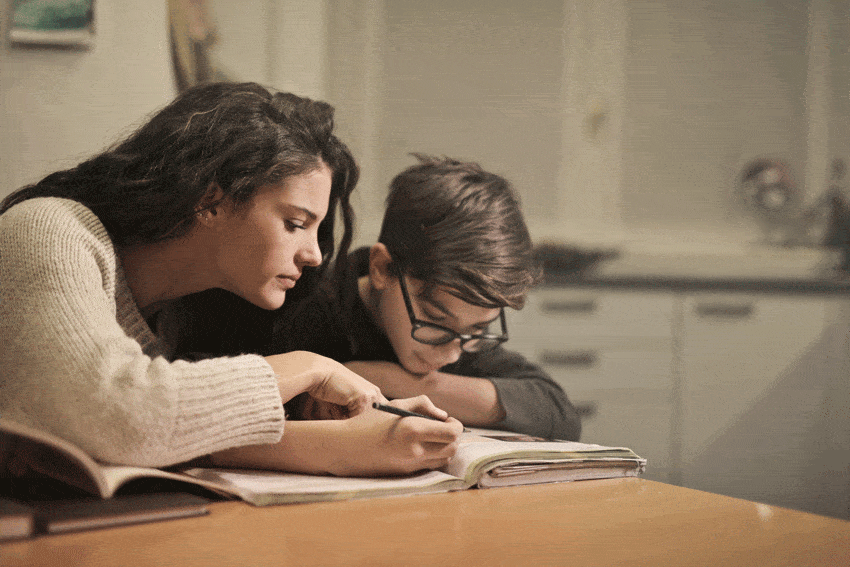
I recently attended the birthday party of an ex-student from my first year of teaching. He, like many of the party guests, had fled Vietnam as a young child.
The party was a joyful occasion that brought together friends and loved ones, some having not seen each other in a very long time. Updates on family and work were shared, as were many memories.
Amidst the reminiscing, conversations between parents quickly moved from their own schooling to that of their children today.
The parents were animated and passionate, especially those with children in Year 12.
Their children were in a variety of schools: Catholic, private, government and selective. Despite this diversity, they shared some strongly-held views.
They were highly aspirational, spoke at length about the importance of academic success, and knew the ATAR their children required for entry into their different university course preferences—which they could recite verbatim.
They had also formed a view about how to support their children in achieving these goals.
One parent described herself as a “tiger mum.” She had considered missing the party so that she could sit next to her 17-year-old son as he practised past papers.
She spoke of the regimented study timetable she had prepared. She’d often sit in the very same room to ensure he followed it.
The “tiger mum” was not an isolated case. One party guest didn’t arrive because she had stayed at home to monitor the study of her “HSC son.”
Almost universally, the parents gave priority to the academic success of their children. In a few instances, at the expense of almost all other things.
Yet academic success was not the be all and end all for every parent. The “guest of honour,” for one, spoke of his desire for his children to find balance and happiness in their schooling.

He reflected on his own schooldays, saying that sport provided an outlet that bonded him with others and gave him much-needed downtime.
Conscious of the work that I do, the parents were curious as to my own thoughts.
I agreed that acquiring knowledge was a significant part of a child’s schooling, but believe that education involves much more, including developing individual talents and skills and promoting a lifelong love of learning.
School helps young people learn how to responsibly exercise their freedom for the betterment of self and others, and develop their capacity for critical thinking and moral reasoning.
Both knowledge and moral reasoning are indispensable for the development of self, and for one to be of true service to others and society.
As the parents already appreciated, schools should be centres of empowerment, providing a supportive and nurturing environment that contributes to young people’s sense of confidence and self-worth.
Schools cannot just be places of instruction and learning. Rather, they must be places in which all facets of the human personality are drawn out, and in which young people grow intellectually, spiritually, socially and emotionally.
This is best achieved when based upon the seminal pillars of faith and reason. Importantly, education must be directed towards both individual and social ends.
This means equipping young people with virtues and good habits so that they can meaningfully participate in and contribute to our increasingly complex and diverse society.
As was highlighted by my conversations at the recent birthday party, parents often have different views about what makes a “good school.”
Often these views are shared passionately, and this is understandable. The education of their children is perhaps the most significant investment they will ever make.
In making this investment, I offer this advice. Choose an education which will draw out your children’s inherent talents and capacities, afford them the principles of participation and the common good, and ultimately lead them to fullness of life through a relationship with Jesus Christ.
